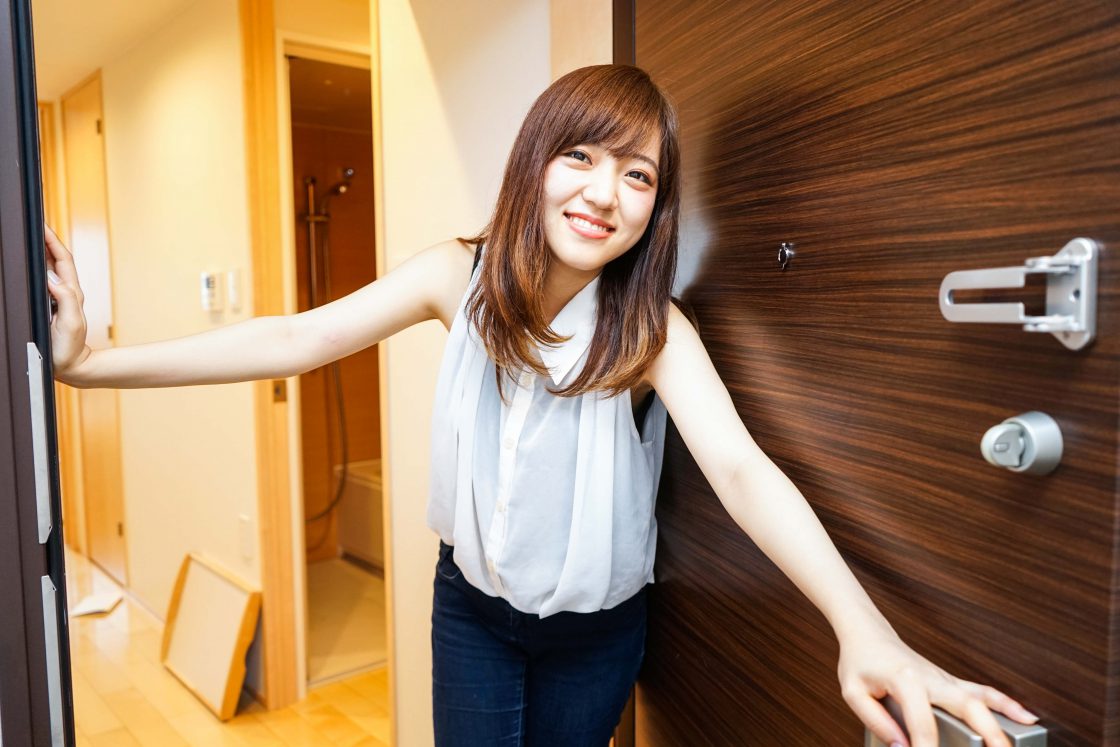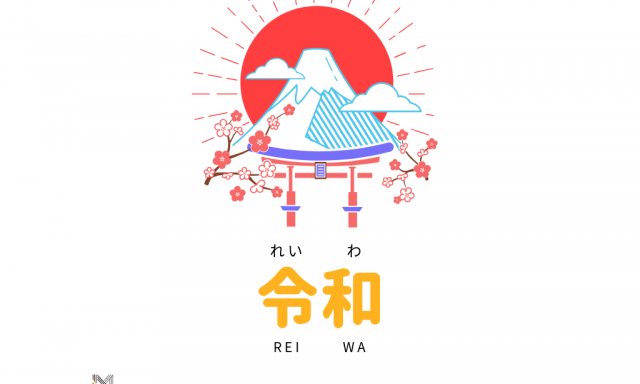Visiting a Japanese Person’s Home

| So you’ve been invited to the home of a Japanese person and are not sure what to expect. Maybe you’re concerned you’ll break a rule or two and offend your host. These thoughts are shared by many people when they first visit a friend but there is no need to worry. There are only a few customs that might be new to you while most are simply common sense or can be learned through observing your surroundings. From the moment you step into the genkan to the moment you walk out that door, this is a guide to the basics of visiting a Japanese household. |
Omiyage – Souvenirs and Gifts
In Japan, it is customary for guests to bring a gift to their host to show gratitude for the invitation. These usually come in the form of something edible that can be shared by everyone in the household. It is also customary for Japanese people to purchase souvenirs from places they have been. These sorts of gifts are great for starting conversations. If you have small items from your home country to share, these would be a great place to start. If not, a quick trip to the nearest department store food floor is not a bad place to buy something either.
It is customary to present the gift as soon as you arrive and to downplay its significance as much as possible. One common phrase that you might try is, “tsumaranai mono desu ga” which translates to “it’s only something trivial but…” after which the person accepting the gift may apologize for you going out of your way to bring something for them before taking it from you.
Entering the Home
When entering a Japanese home, you will first be welcomed into the genkan, the vestibule. It is here that you will take off your shoes and jacket before stepping up into the house. Most Japanese people wear slippers in and around the house and these will be available for at the genkan. Before putting on the slippers and stepping into the main area of the house (or even before coming through the front door) you must announce your presence to the household by saying “ojamashimasu” which loosely translates to “pardon the intrusion.”
The WC
If you have a need for the toilet, know that most families have a separate set of slippers to wear in the WC. Do not wear the house slippers in here.
Mealtime
If you have will be joining the household for a meal, wait to be called to the table and do not sit without asking where to sit or before be told where to sit. Some family members might have a favorite or designated seat. If you need something to do before the meal starts, it is always a nice gesture to ask if there is anything you can do to help. Otherwise, pass the time with other people in the house and make conversation until the meal is ready.
After you have a seat, do not begin eating before anybody else. When everybody is seated, they will all take part in the traditional utterance of, “itadakimasu” sometimes very loosely translated as “thank you for the food.” If there are drinks involved, there may be an additional “kampai” after everybody has a beverage in hand. If there is alcohol, it is customary to poor for other people and not for yourself. When the meal is over everybody will say “gochisōsama deshita” (thank you for the food) before clearing the table.
Another important thing to remember for the meal is that it is important to clear your plate. It is especially good if you are able to clear your rice bowl down to the very last grain. Any leftover food is considered mottainai (wasteful) and a bit rude.
Bathtime
Taking a bath in a Japanese home is pretty straightforward. When you enter the bathing area you may wash your body and hair as you normally would. However, do not enter the tub before rinsing all the soap and suds off of your body. As a guest, you might be the first one in the tub, but you will not be the last. The entire family will be using the same bath water. Because of this, it is important to keep it as clean as possible and not to drain the water when you are done.
Ojamashimashita
If you have stayed the night remember to make the bed before you leave (or fold up the sheets and futon), thank your host and end your stay with an “ojamashimashita” (sorry for the intrusion). If you are able to follow these basic rules, make good conversation with the family, and leave a good impression, you might even be invited over again.





